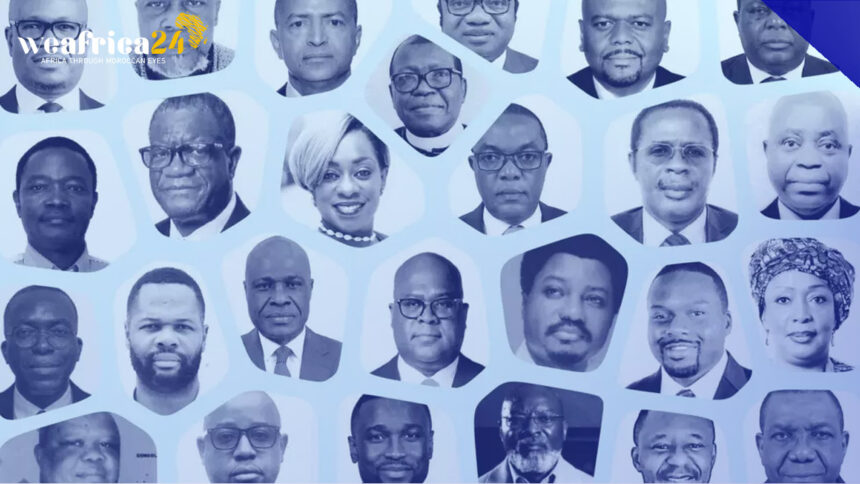The Democratic Republic of the Congo (DRC) is set to elect its president on December 20, 2023. Notably, no woman has ever held this office, nor the position of Prime Minister or Senate leader (the second-highest position in the state). In the DRC, female representation in politics remains a major concern, reflecting a broader issue of women’s rights, despite recent efforts.
“Not! No way you’re getting into politics!” Exaucée, a 23-year-old medical student, will never forget her parents’ reaction when she announced in 2018 that she wanted to get involved in politics. Her mother, in particular, was terrified. “Every time there were marches and protest activities, she would have nightmares one or two days before,” recalls Exaucée, now part of Martin Fayulu’s presidential campaign for the December 20, 2023 elections in the Democratic Republic of the Congo (DRC). “My father, on the other hand, told me, ‘I know how barbaric the Congolese political sphere can be. I can only support you, but I ask you to go slowly.'”
Five years later, Exaucée travels across the country for the Engagement for Citizenship and Development (Ecide) party. Her determination remains intact, along with her desire to witness social norms evolve. “Around me, there aren’t many women in politics,” she laments. “I have faced discriminatory social constructs several times, stating that a woman’s place is in the kitchen, and she should not speak in front of men. A female politician is a free woman who enjoys unconditional freedom of movement.”
However, this freedom to act and decide often comes at a high cost in the DRC, according to Marie-Josée Ifoku. Like in 2018, she will be the only woman running for the 2023 presidential election, following the withdrawal of another candidate, Joëlle Bile. The head of the Alliance of Elites for a New Congo theorizes, “The governance system was designed with a competitive mindset favoring men.
Verbal violence, cunning tactics, and even physical violence on television sets and in political offices are not the strengths of women, who prefer to avoid rather than engage in a battle with others’ weapons. Girls in the DRC, excluded from education and subject to options set by custom, are already paralyzed in considering entering politics.”
Unfavorable Comparison with Neighboring Countries
Certain figures illustrate the issue of female representation in the Democratic Republic of the Congo. Notably, zero women have led the country, the government, or the Senate. Until now, only two women have served as vice-prime ministers (Élysée Munembwe Tamukumwe and Ève Bazaiba Masudi). While some milestones have been achieved in recent years, such as Jeanine Mabunda Lioko leading the National Assembly in 2019, the DRC falls short when compared to its nine neighbors – except Congo-Brazzaville – where at least one woman has held the position of head of state, government, or vice president.
On the legislative front, the situation is not much brighter. According to data from the Inter-Parliamentary Union (IPU), which gathers representatives from national parliaments in 180 countries, with 13.2% of female deputies, the DRC falls far below the global average (26.7%) and sub-Saharan Africa average (27.1%), significantly trailing neighboring Rwanda (61.3% female deputies).
A Broader Issue
The limited engagement and/or access of women in politics, however, is part of a more extensive context of regularly denounced violence and discrimination by intergovernmental structures, non-governmental organizations, or civil society. This is evident in the DRC’s poor rankings in various indices, such as the Georgetown Institute for Women, Peace, and Security (GIWPS), founded in 2011. The DRC ranks 174th out of 177 countries measured, in terms of “inclusion, justice, and security for women.” Only the Central African Republic, at 175th, fares worse on the continent.







